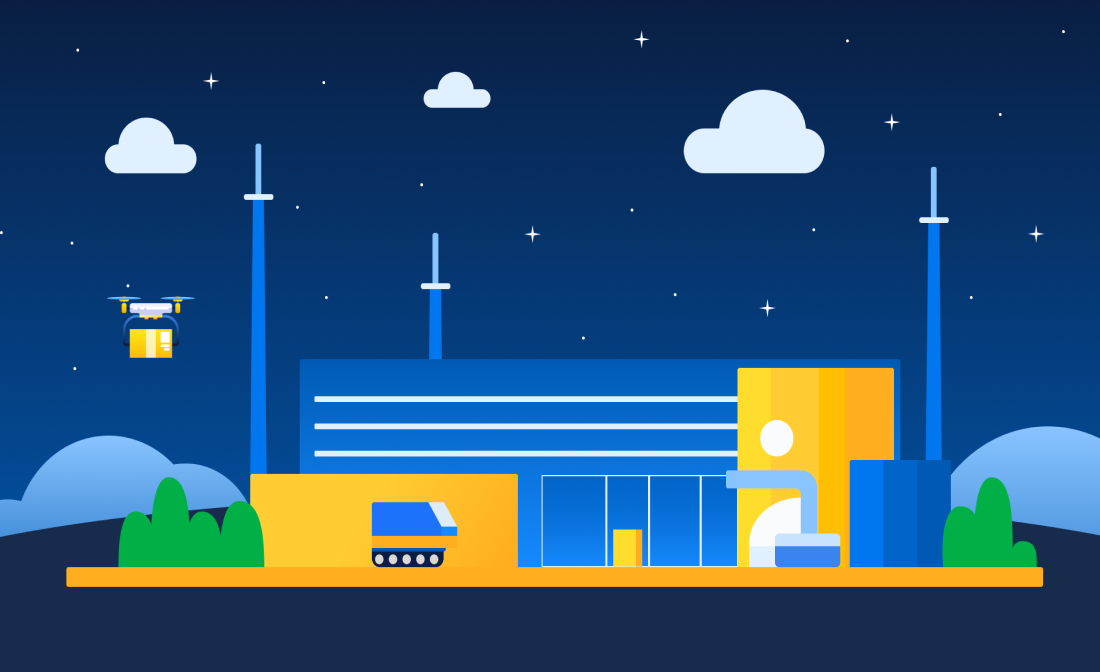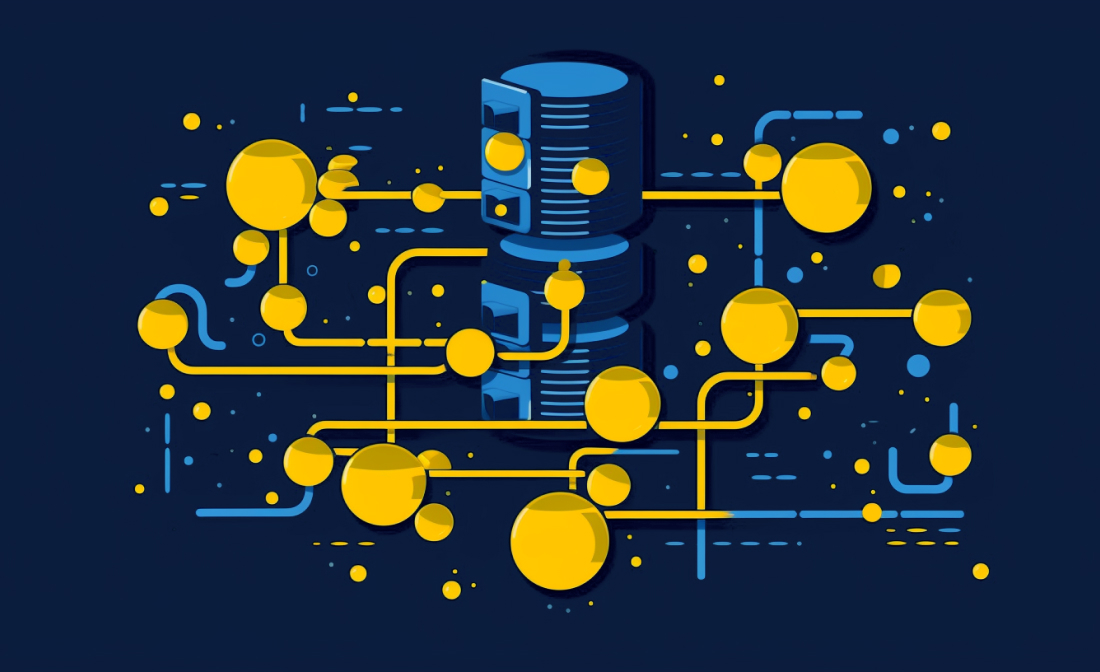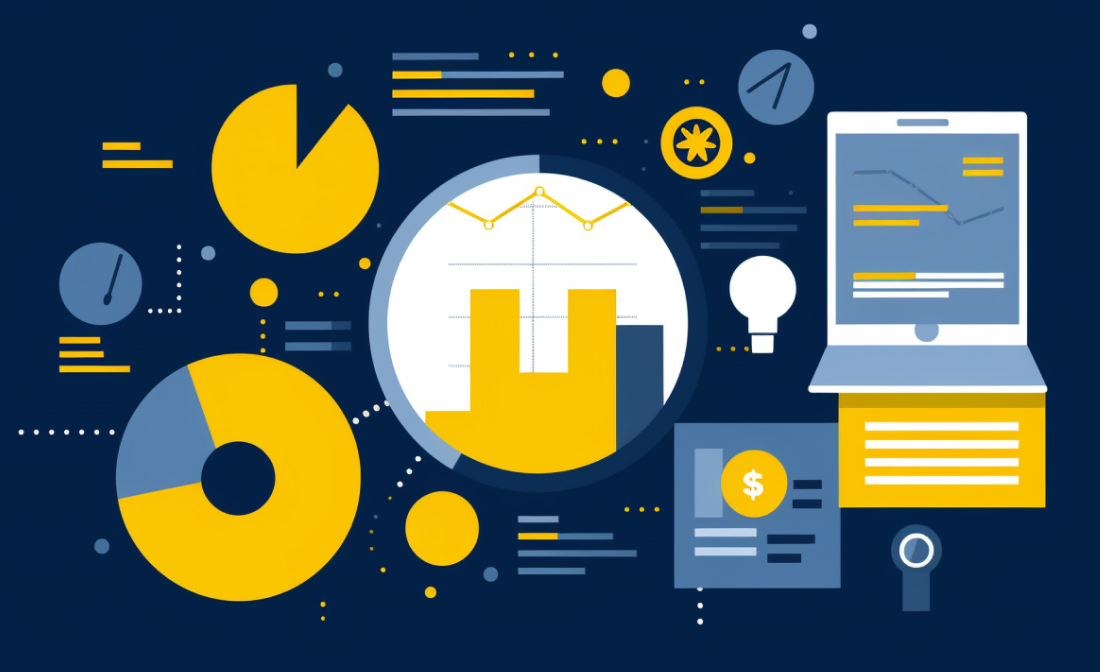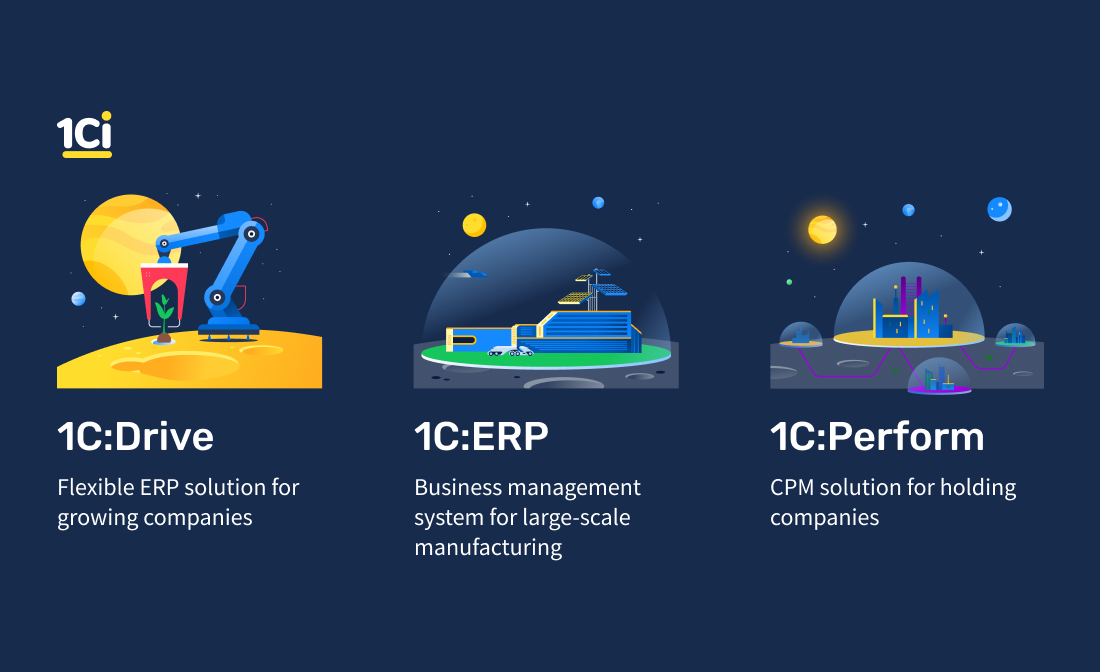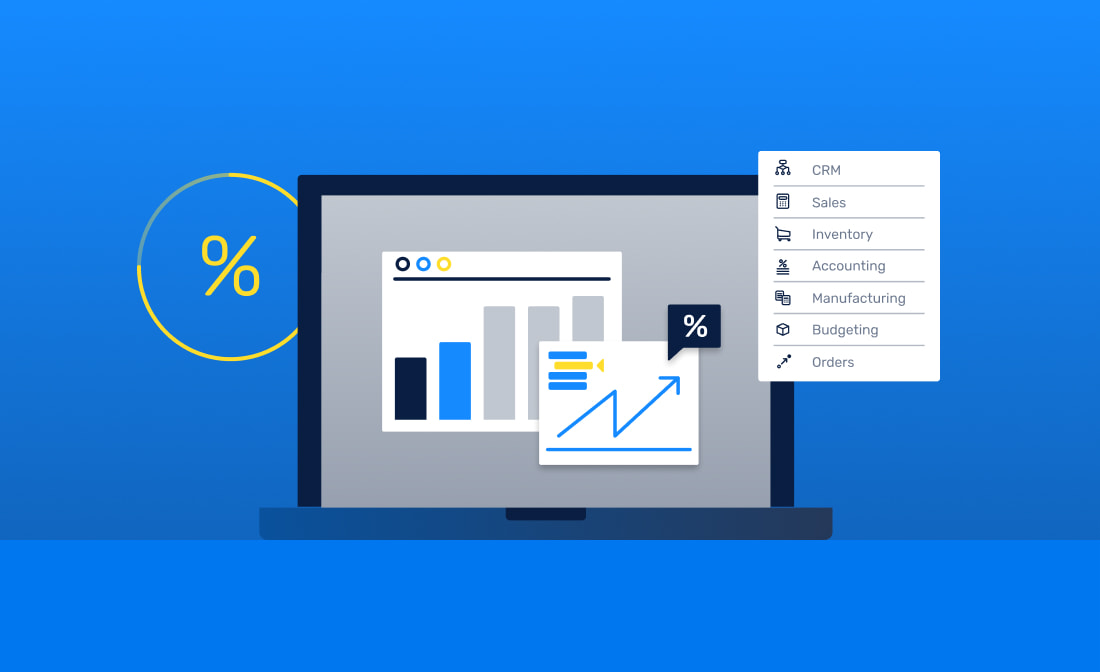Digital intelligence
Maximizing technology benefits for business growth
08.11.2023
Digital intelligence
● 4
MIN READ
Technological advances and the trends they cause impose great challenges to companies today. It is vital to provide optimal conditions that allow them to easily and quickly adopt technological advances that ensure competitive advantages.
Jaime Delgado
Country Manager (Colombia)
26.09.2023
Digital intelligence
● 3
MIN READ
29.08.2023
Digital intelligence
● 5
MIN READ
02.06.2023
Digital intelligence
● 4
MIN READ
In this article, we’ll discuss key issues faced by holding companies and consider potential solutions that CPM software can offer to overcome these challenges and enhance overall financial management.
Ekaterina Kopnysheva
1Ci Product Marketing Manager
18.05.2023
Digital intelligence
● 5
MIN READ
Data is the most valuable resource for any business, as it can be used to boost productivity, increase earnings, and control costs at any stage of the production and sales cycle. Today, we will talk about how proper data management and process automation can be beneficial for business growth.
Alexandra Danilina
Head of Regional Marketing
15.05.2023
Digital intelligence
● 5
MIN READ
This article explores the benefits of using Corporate Performance Management (CPM) or Enterprise Performance Management (EPM) software for complex budgeting and how solutions like 1C:Perform can streamline the budgeting process.
Ekaterina Kopnysheva
1Ci Product Marketing Manager
15.03.2023
Digital intelligence
● 4
MIN READ
The apparel industry is extremely competitive. Apart from the fierce competition that will only continue growing in 2023, garment manufacturers have to deal with such challenges as fluctuating demand, seasonality, and ever-changing fashion trends.
Alexandra Danilina
Head of Regional Marketing
20.02.2023
Digital intelligence
● 3
MIN READ
Up to today thousands of users worldwide trust 1C:Drive as a core ERP solution for growing their business. But now 1Ci extends its product line with a beta version of a corporate performance management solution, 1C:Perform localized for Turkish market as well as continuous updates to the 1C:Drive and 1C:ERP solutions.
Alexandra Danilina
Head of Regional Marketing
07.10.2022
Digital intelligence
● 14
MIN READ
Turkey is one of the most attractive countries for textile manufacturers and exporters due to its long traditions of fabric and apparel production and mature market. However,
Alexandra Danilina
Head of Regional Marketing

1C:Perform
Streamline operations, tracking and performance control when running business worldwide
06.10.2022
Digital intelligence
● 6
MIN READ
As your business grows and scales, the need often arises to implement new processes and tools. However clear and logical it may seem on the roadmap, in real life
Alexandra Danilina
Head of Regional Marketing
15.08.2022
Digital intelligence
● 6
MIN READ
In this article, we overview the current ERP software landscape in the Turkish textile industry, including apparel manufacturing, where it’s heading in the nearest future, and how such solutions can benefit textile manufacturers.
Alexandra Danilina
Head of Regional Marketing
24.11.2021
Digital intelligence
● 8
MIN READ
Today we will talk about ERP and its pros that can boost the digital transformation for businesses worldwide.
Alexandra Danilina
Head of Regional Marketing
09.03.2021
Digital intelligence
● 7
MIN READ
Since the invention of the first calculating frame around 3000 B.C., humanity has always been trying to get more data about the surrounding environment, better understand, and simplify processes for better efficiency. This trend has not ended and accelerated even further with the invention of the internet.
Alexandra Danilina
Head of Regional Marketing
05.02.2021
Digital intelligence
● 7
MIN READ
Companies worldwide use enterprise resource planning (ERP) software to streamline their business processes, increase ROI, and reduce costs. But how exactly tools of this type can help, and what do you need to know before implementing them?
Alexandra Danilina
Head of Regional Marketing
05.02.2021
Digital intelligence
● 5
MIN READ
Service and repair business has specific requirements that an ERP system should meet to be useful. For example, such companies need to handle sales, manage orders, engage their customer, and control the cash flow and the service quality, which can be tricky as many tasks are solved by field staff.
Alexandra Danilina
Head of Regional Marketing
05.02.2021
Digital intelligence
● 11
MIN READ
No matter what the company size is, business automation software can deliver fantastic results and help to fight competitors. Enterprise resource planning (ERP) software is one of the most popular and sometimes controversial examples of such tools.
Alexandra Danilina
Head of Regional Marketing
04.02.2021
Digital intelligence
● 5
MIN READ
Small and medium businesses are the ones that have to be flexible and adapt to a changing environment to stay competitive. Here at 1Ci we have been building business automation solutions for decades and know how the right software can unlock new growth opportunities and eliminate costs.
Alexandra Danilina
Head of Regional Marketing



